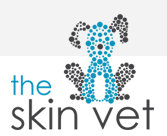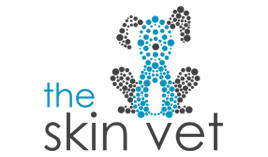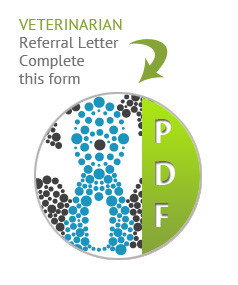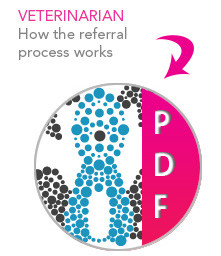Who are The Skin Vet?
The Skin Vet is a specialist practice which only sees referral cases. We are highly trained and skilled in the diagnosis and treatment of skin and ear disease, including (but not limited to) allergic diseases, immune-mediated conditions, congenital and hereditary conditions, neoplasia and infectious diseases. All members of our team are committed to undergo continuing education courses every year to make sure we remain at the forefront of our field.
The aims of the Skin Vet team
The Skin Vet aims to provide you, your pet and your referring veterinarian with the best service possible. We promise to listen to your needs and concerns, and will use our advanced training to come up with a treatment plan for your pet’s condition based on the most current medical advice, along with a practical and effective approach to medical care.
Where is the Skin Vet team located?
Specific Directions, times and facility care days:
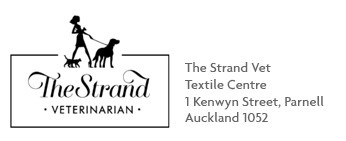  |
|
| The Strand Vet |
The Skin Vet is based at two different locations: The Strand Vet in Parnell and Animates in Glen Innes. We are lucky to work together with specialists in other fields of veterinary medicine including imaging, surgery, internal medicine and ophthalmology. We believe that the best care relies on a collaborative approach to the diagnosis and treatment of your pets condition – key members of the team are not only ourselves, but also you as the owner, your regular veterinarian and specialist veterinarians in other areas when required.
What to bring to your first appointment and what to expect on the first visit.
An initial consultation at The Skin Vet will take approximately 60 – 90 minutes. At an initial consultation, we will ask you to bring with you any referral information from your primary care vet and a client visit form which you can download and print out. This allows us to condense the sometimes complicated and lengthy history to allow us to obtain the critical information to allow us to form a diagnostic plan for your animal. Please do not feed your pet the day of your appointment. Give them dinner as normal the night before, then do not feed them from midnight onwards. You do not need to restrict access to water. This means we will have the option of doing an anaesthetic or performing sedation the same day as your appointment if required, which may save you a visit on another day. Please do not shampoo them for at least a week before the initial appointment as we like to see your pet “au natural”, i.e. in their natural state. This helps us with working out what their skin problem may be. Washing them can remove valuable clues!!
Download Your Initial Visit FormDownload your first visit form here What to do with your form now?
|
Do you have to come more than once to see our team?
If your pet needs to come back and see us, we will arrange a revisit appointment. Depending on the complexity of the visit it usually takes approximately 30 – 60 minutes to complete. Should further testing (including skin biopsy, ear flushes or allergy testing) be required, this may be performed on another day, depending on your individual situation.
How much does it cost for the initial consultation?
The cost of an in depth 60 – 90 minute initial consultation with a veterinarian costs $600 including GST. Basic cytology which is performed routinely in most consultations costs $50 – $100 including GST. During the initial consultation we will discuss further diagnostics (things we need to do to work out what the problem is) and procedures that may be required such as anaesthetics or sedation for ear flushing, advanced imaging with CT or MRI scanners, intradermal skin tests for allergies, blood tests or skin biopsies. We may also prescribe medications such as tablets, creams or shampoos. The cost of the initial consultation does not cover diagnostics, procedures or medications. After considering all the information you and your usual veterinarian have provided to us, we will discuss with you the best way to diagnose and treat your pets problem, and will also fully inform you of all costs. It is not possible to provide an exhaustive list of these here, as of course they vary from patient to patient.

